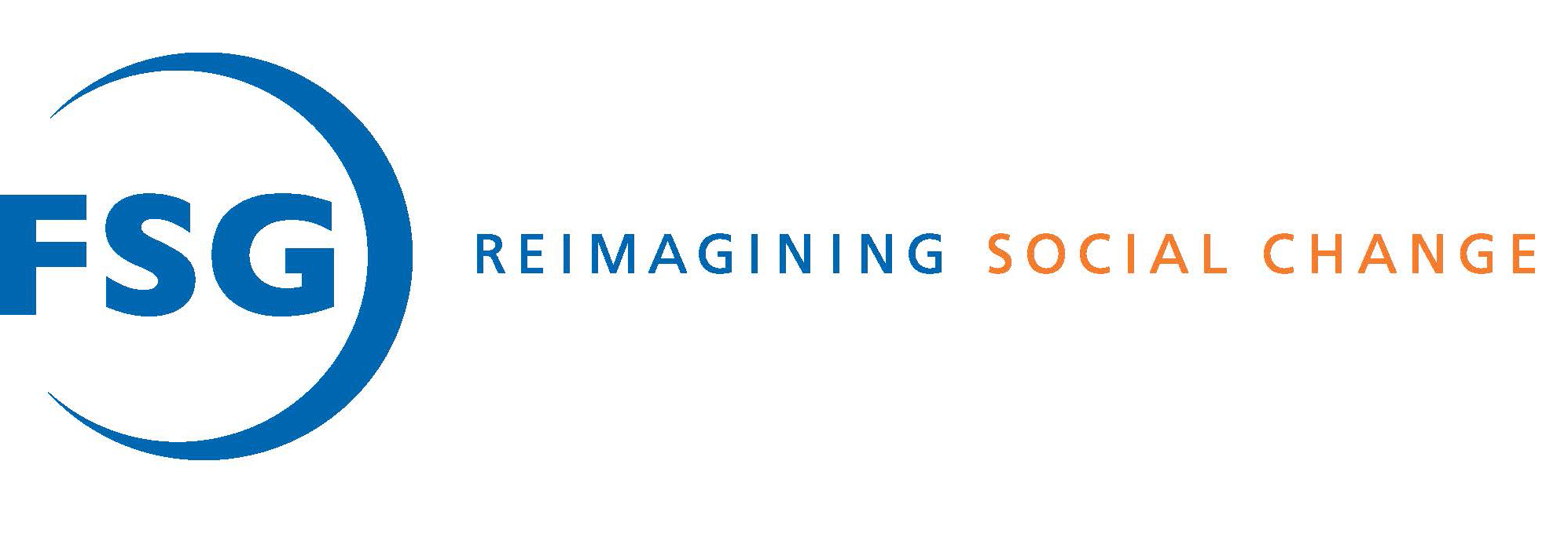Published in Colombia: The Business of Solving Social Problems
by Dane Smith, Laura Amaya

In Colombia, a few companies are starting to go beyond philanthropy to see social impact as core to maximizing their business returns. They are shifting their approach from one of “giving back” to one where social impact has vast potential to become a central element of the company’s business strategy. In 2018, the Empresas INspiradoras list recognized 25 companies that improve their competitive advantage by addressing social problems. These companies create shared value in different ways. They reconceive products and markets to open up new revenue streams. They redefine the productivity in their value chain to lower costs that are rising due to factors including low employee productivity and poor resource use. They enable the development of local clusters to reduce existing or potential risks related to conditions in their operating environment. Building on these initial footsteps, the time is ripe for Colombian companies to do more.
A shared value approach requires companies to develop new ways of thinking that allow them to see business opportunities they would normally miss. While most companies see social and environmental problems as an externality, companies adopting a shared value approach recognize that unmet social needs can also represent market opportunities. Through the power of shared value, Colombian companies can increase their competitive advantage in three ways:
- Companies can propel growth by introducing new products or accessing new markets to solve social problems. Through its Viste tu Casa business unit, Corona has changed its distribution model to reach a new market segment by offering targeted home improvement and construction products through door-to-door sales. The company has adapted its sales process to meet the specific needs of low-income, incremental home dwellers, including tailored financing mechanisms. As a result, Viste tu Casa has an EBITDA of 18%, as well as a market share of 45% in the Caribbean region, where the program focuses.
- Companies can reduce costs by solving social problems that hinder the productivity of their value chain. Packaging company Smurfit Kappa engaged over 1,300 informal sector recycling entrepreneurs as suppliers of recycled paper and cardboard for processing. By strengthening the business administration skills of these small entrepreneurs, Smurfit Kappa generated cost savings of 23% per ton of paper produced, between 2014 and 2018. The company has also been able to increase its output by 10% per year, thereby increasing its revenues in a substantial way.
- Companies can mitigate risks by solving social problems that affect their operating environment. Grupo de Energía de Bogotá (GEB) has improved the safety and reliability of its energy transmission operations through landmine clearing and community strengthening in conflict regions of Huila, Tolima, and Valle del Cauca. GEB has partnered with a number of organizations that bring additional strengths to tackle this multifaceted challenge. The Halo Trust, among other NGO partners, has been critical to guiding participatory processes focused on conflict resolution and reconciliation, while Colombia’s National Army has supported the physical disarmament of landmines. As a result, GEB has improved the living conditions of over 12,000 people living in remote rural communities, while strengthening its social license to operate by positioning itself as a partner in local development.

